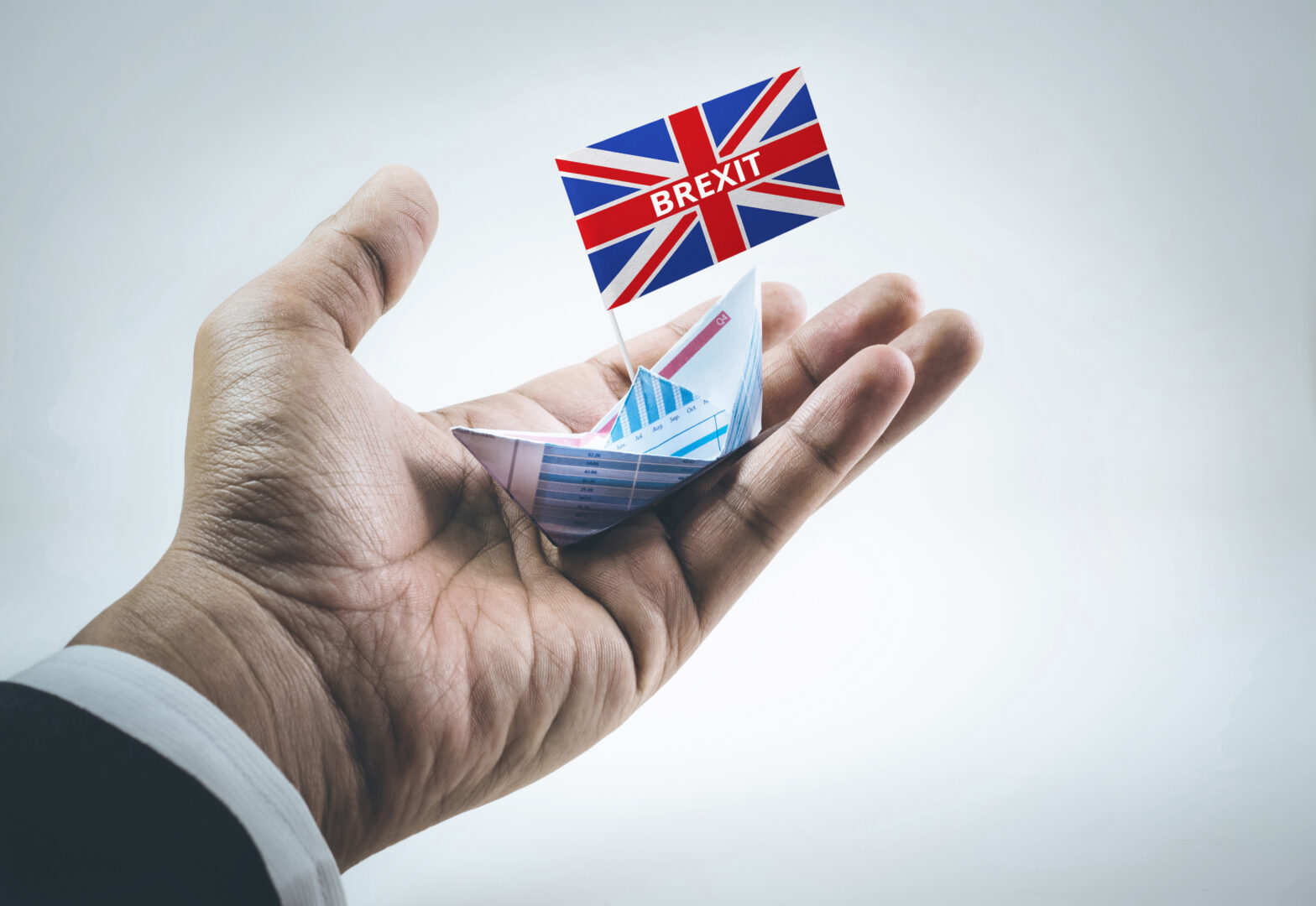The shock results of the referendum led to the resignation of Prime Minister David Cameron and his replacement by Prime Minister Theresa May. The Brexit saga immediately plunged the GBP to a 31-year low, from an exchange rate of 1.47/48 to the USD to around 1.21. Mass panic ensued as the unity of the European Union was rocked like never before.
Recall that the EU was in the midst of massive trauma vis-à-vis the Grexit (Greek exit) discussions and the massive bailouts that the IMF and the EU were making to Greece.
Brexit volatility destroying small business holdings
The Brexit saga is infinitely more complex and meaningful. The UK is one of the world’s premier economies – a global powerhouse for finance, FinTech, entrepreneurship and trade. That the GBP plunged to historic lows is significant on multiple fronts. Sterling has heretofore been regarded as one of the world’s prime currencies; yet the Brexit issue had all but eroded public confidence in the currency.
Multinational corporations were planning their exit from Britain for capitals across Europe. This massive outflow of funds naturally impacts economic growth via productivity and employment. A rapidly depreciating currency is associated with higher import costs, giving rise to high inflation in the UK. In September 2017, the UK inflation rate reached 3%, while real wage growth grew only at 2.2%.
The shortfall results in decreased personal disposable income, and a tightening of economic conditions. As a result, UK employment prospects contracted as employees were less likely to collectively negotiate for higher wages and salaries – instead opting to retain their employment.
At stake is the future of Britain’s trade relationships with its European partners and global partners. Article 50 of the Lisbon Treaty gives Britain 2 years to negotiate a final settlement with the EU before the official divorce is finalised. In the absence of such an agreement, Britain may exit the EU with no relationships in place, leading to a complete breakdown of decades of favourable trading terms and conditions.
This has had a devastating effect on GBP, and multiple currency pairs such as GBP/EUR, GBP/USD, GBP/JPY, GBP/ZAR etc. have taken a hit from their pre-Brexit levels. Business owners in the UK are feeling the pinch in terms of purchasing foreign goods and services from abroad. The cost of €1/$1/Japanese ¥100 is now significantly more 1.5 years later for UK business owners. The sharply depreciating currency is a concern since businesses cannot willy-nilly raise prices and expect consumers in the UK to keep paying rising prices when real wages are falling.
Currently, negotiations between UK Brexit secretary David Davis and his EU counterpart, Michel Barnier are faltering. Multiple rounds of discussions have not yielded any favourable deals for Britain, and this throws the stability of the UK economy into doubt.
Non-bank forex services saving british small business
The Bank of England recently raised interest rates in the UK by 25-basis points on Thursday, 2 November 2017. This had a slight effect on GBP, helping to bolster it above the 1.30 level against the USD. However, massive uncertainty remains about the future of the GBP given the instability of Brexit negotiations and the process overall.
Small businesses in the United Kingdom are deeply concerned about their future. The GBP is no longer the best-performing G-7 currency, and its sharp depreciation makes it difficult to forecast with any degree of accuracy the future prospects of UK small business.
Financial consultants, analysts and currency trading professionals have lent their support to UK businesses by offering sage advice on how best to manage business activity in a volatile environment. One of the leading authorities in currency transfer is World First. World First preferential rates are offered to UK small businesses and individuals, and they are substantially lower than High Street banks such as HSBC, Lloyd’s and the Bank of Scotland.
Banks make currency transfer infinitely more complex by offering large spreads (difference between the buy price and the sell price of currency pairs) high fees, and commissions. However there are two companies which are making a difference for UK small businesses and private clients alike – HiFX and World First – established non-bank entities with low fees and excellent Forex services to get UK small businesses the best bang for their buck.
One of the most exciting new developments from these companies is the World Account from World First, which makes it cost-effective for clients to transfer money abroad. In times of rising uncertainty and geopolitical instability, banks have taken a backseat as FinTech enterprises and currency transfer companies fill the void to facilitate efficiency of operations and return stability to the UK business sector.






